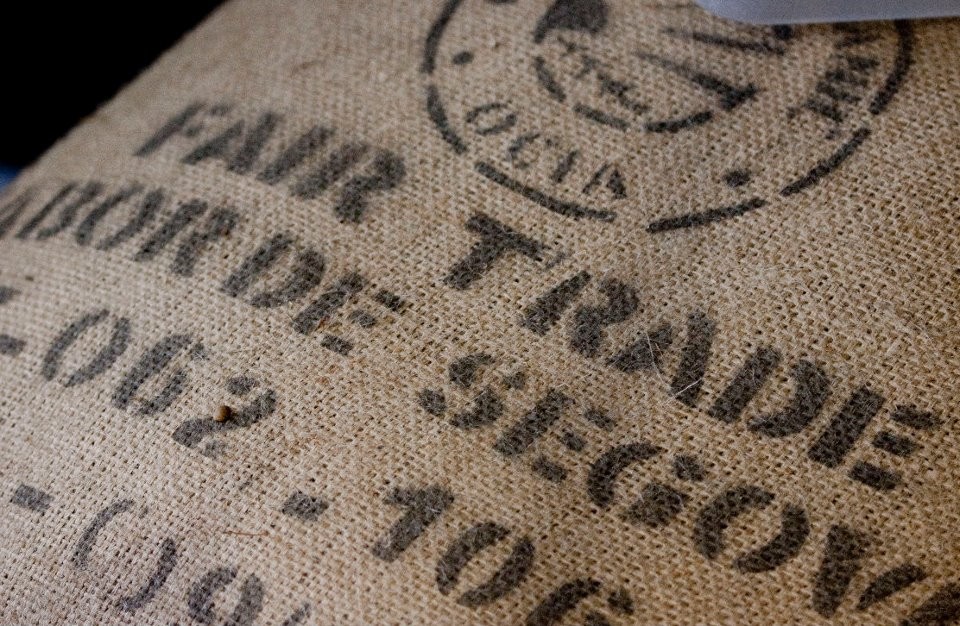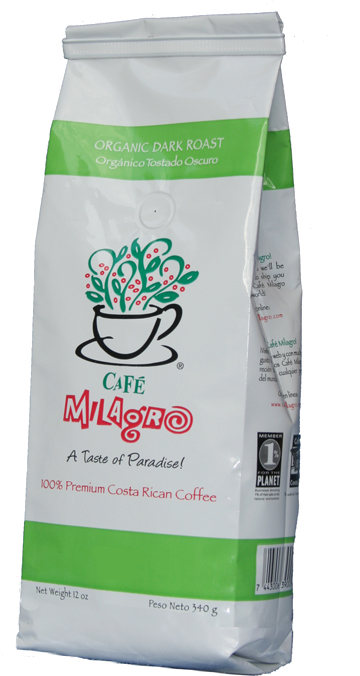
Just as recycling is important, so is the choice you make each morning at the coffee counter. For you and for the planet. If you are like most people, coffee probably plays a prominent role in your life for we collectively consume 2.5 billion cups of coffee each day! But unfortunately, not all that coffee is good for us or for the environment.

Once upon a time, all coffee was naturally organic and shade grown. Coffee cultivation began in the ninth century in Africa and since most varieties of coffee are naturally intolerant of direct sunlight, coffee was originally grown under shade trees - most often fruit and nut trees which also helped to replenish the soil with valuable nutrients and allowed the land to remain fertile, generation after generation.
Today, coffee labeled as organic comes from farms that meet strict standards and according to these requirements, organic coffee is free of chemical contaminants, and the farms that grow it use practices to minimize side effects to workers and the environment.
Here are a few facts on coffee production and how it impacts our environment:
- Coffee naturally evolved under the rainforest canopy. Although coffee started out as a shade-loving shrub, the high demand for coffee over time led to full-sun plantations, which required large quantities of fertilizers and pesticides.
- Full-sun coffee plantations lead to deforestation. 37 of the 50 countries with the highest rates of deforestation are coffee producers. The top 25 coffee exporters lost an average of 27 thousand square miles of forest annually during the end of the twentieth century.
- Non-organic coffee often leads to habitat loss. Coffee grown under full sun does not supply adequate habitat for native species. Indeed, full sun coffee plantations provide habitat for 90% fewer species than do shade-grown coffee plantations.
- Organic shade grown coffee helps to combat global warming. Shade grown coffee plantations include a diverse array of tree species that provide a shade-giving canopy over coffee plants. These coffee plantations add oxygen to the environment while removing greenhouse gases like carbon dioxide.
- A study conducted in the late eighties found that coffee plantations in Central America polluted more than 29 million gallons of water daily. This is the equivalent of a city with 4 million citizens dumping their sewage into the local rivers day after day. Today's eco-friendly organic farms use less water and make an effort to dispose of it properly.
Consumers who buy organic do make a difference. The next time you grab a cup of coffee, consider whether it is organic or not. The environmental impact of improperly cultivated coffee is simply too great to ignore. It is likely that most people don't buy organic coffee because they don't realize the impact of non-organic coffee. By educating ourselves we can begin to shift coffee production toward a more positive direction.

Since 1994, Café Milagro has been working with small, independent family farmers of Costa Rica. Café Milagro's House Blend Organic Roast is hand-picked, micro-processed and sun-dried at the source with no chemical pesticides or herbicides.


